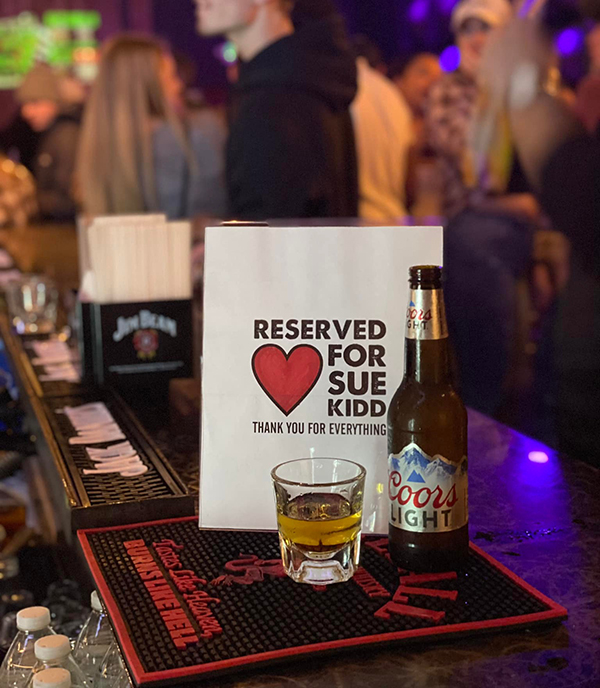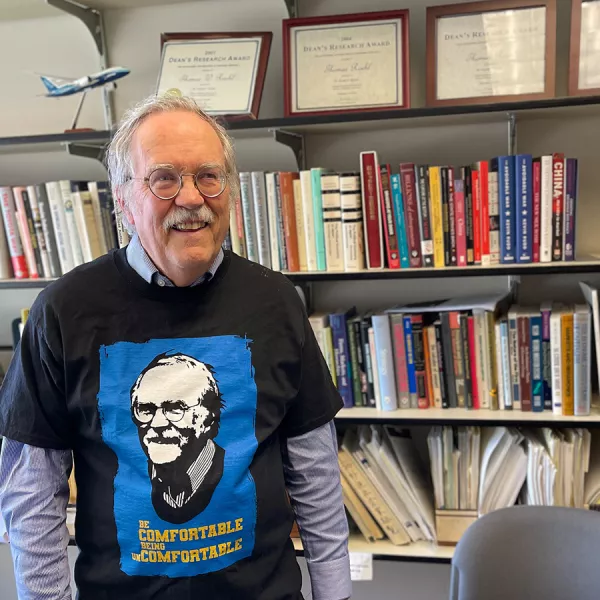Sue Kidd, ’93, B.A., journalism, wasn’t just a food critic. She was a restaurant champion, a person who embraced the highest journalistic ethics and balanced those strictures with earned praise for restaurants—and then used her talents to help them survive, even during the pandemic.
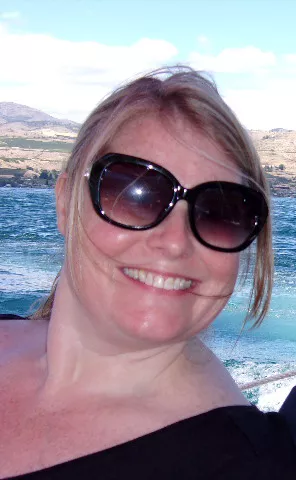
Kidd saw restaurants as the center of a community, a locus for culture and expression, and, before her untimely death from cancer, they were her passion.
When news of her death reached the Pierce County restaurant community, more than 40 restaurants set a place at their tables in her honor, and posted photos of those tributes, lauding her tireless support. Three local governments held a moment of silence in her honor. Tacoma Mayor Victoria Woodards called Kidd “one of Tacoma’s most beloved community builders” and a champion of small business.
“Throughout her career she was respected for her ethics, her passion, and her ability to make connections,” Woodards said. “Her readers trusted her, small businesses were very thankful for her, and people adored her. She taught people how to give feedback, how to give grace, and how to rally and pull together.”
Sue Kidd Memorial Fund
The Sue Kidd Memorial Fund goes toward junior or senior students who are working for a WWU media outlet or pursuing an internship, and who embody the kind of promise and passion displayed by Sue Kidd.
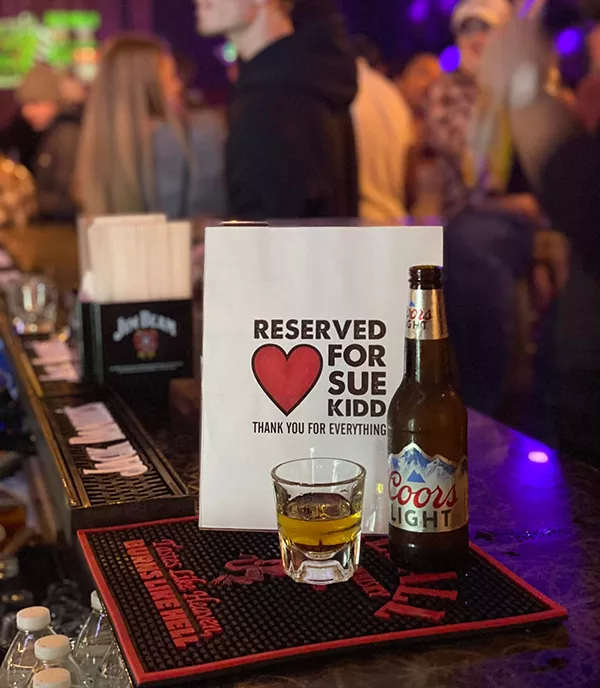
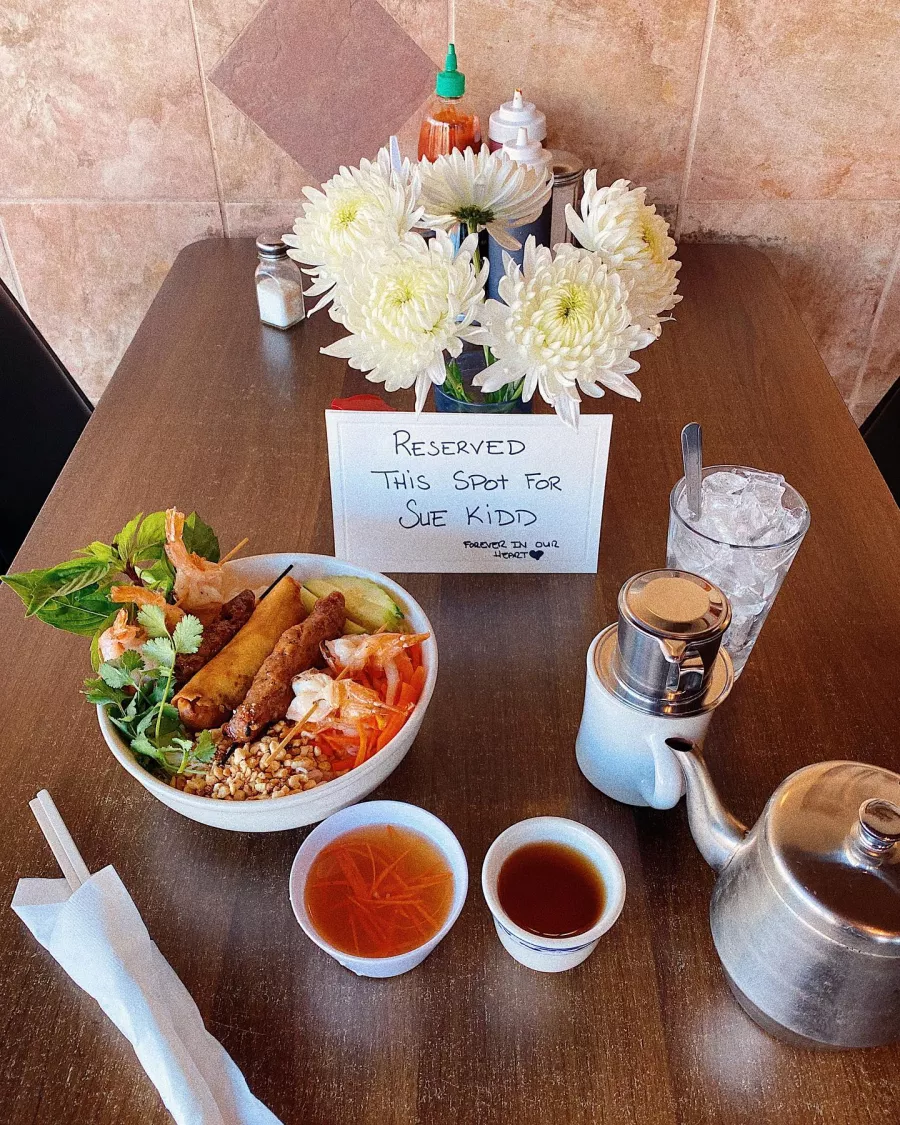
As the assistant features editor and then food critic for The (Tacoma) News Tribune and The Olympian, Kidd spent her career in journalism, and she had rules. Lots of rules.
For example, she was determined to keep her identity secret from restaurant owners, so as to receive the same food and service as other diners. So she dined anonymously, photographed meals surreptitiously, and when she had guests eat with her, she gave them very specific instructions in advance on which dishes to order to share with her. She never posted photos of herself on social media, including on her personal accounts.
Kidd left The News Tribune in 2019 but continued critiquing restaurants through her independent website, Dine Pierce County, while overseeing its companion Facebook group, which is still going strong with 14,500 members and under the leadership of Kidd’s good friend Liz Wishaw.
Dine Pierce County members are well familiar with Kidd’s ethical rules, such as no one-dimensional restaurant reviews (i.e “this place is bad” or “I’ll never go back again”). In her words, “We are kind, we are decent human beings, we don’t tolerate trolls, we are fair to restaurants.” She also championed a 30-day rule: Give restaurants 30 days to settle in before critiquing food and service.
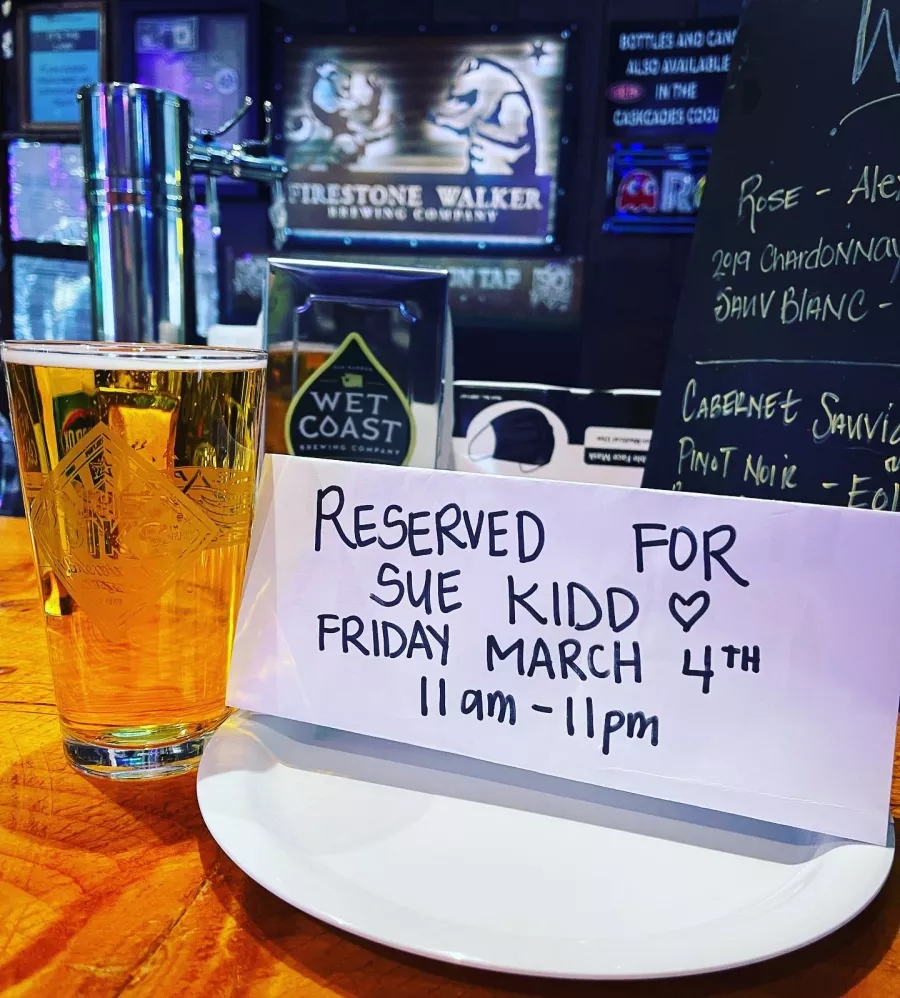
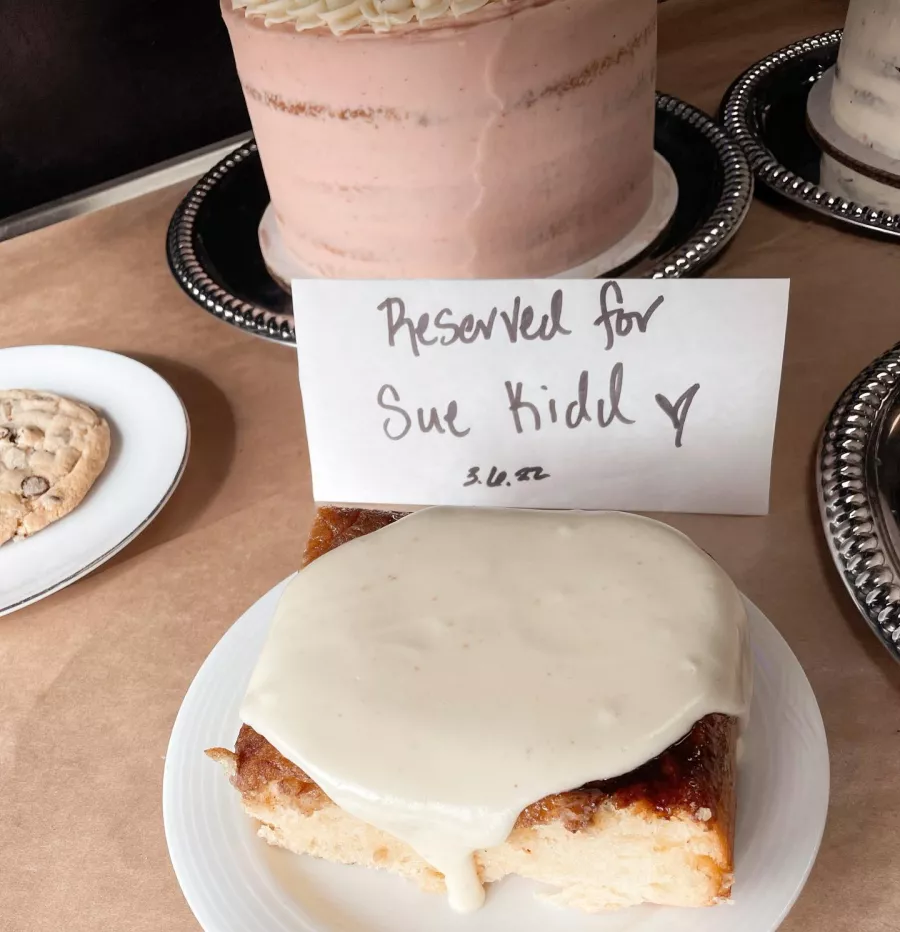
Beyond food criticism, Kidd worked hard to find ways to help local restaurants—even though restaurant owners only knew her as a voice on the phone.
“She would call restaurants and talk to owners, giving them tips about how to make their business successful,” wrote Lisa Kremer, a friend and former colleague of Kidd’s.
In a tribute to Kidd, Puyallup restaurant CaskCades posted that talking to Kidd “was one of the most valuable steps we took in the beginning as a business.” Kidd, the restaurant said, had suggestions for keeping customers’ interest and for handling tough criticism: Fix it if you can, and if you can’t, “ignore, ignore, ignore.”
Eric Dickerson, owner of the Opal Lounge in Tacoma, wrote, “In my 19 years in the industry, she was the biggest advocate for restaurants I ever met. I really do think a lot of us owners owe her our gratitude and thanks.”
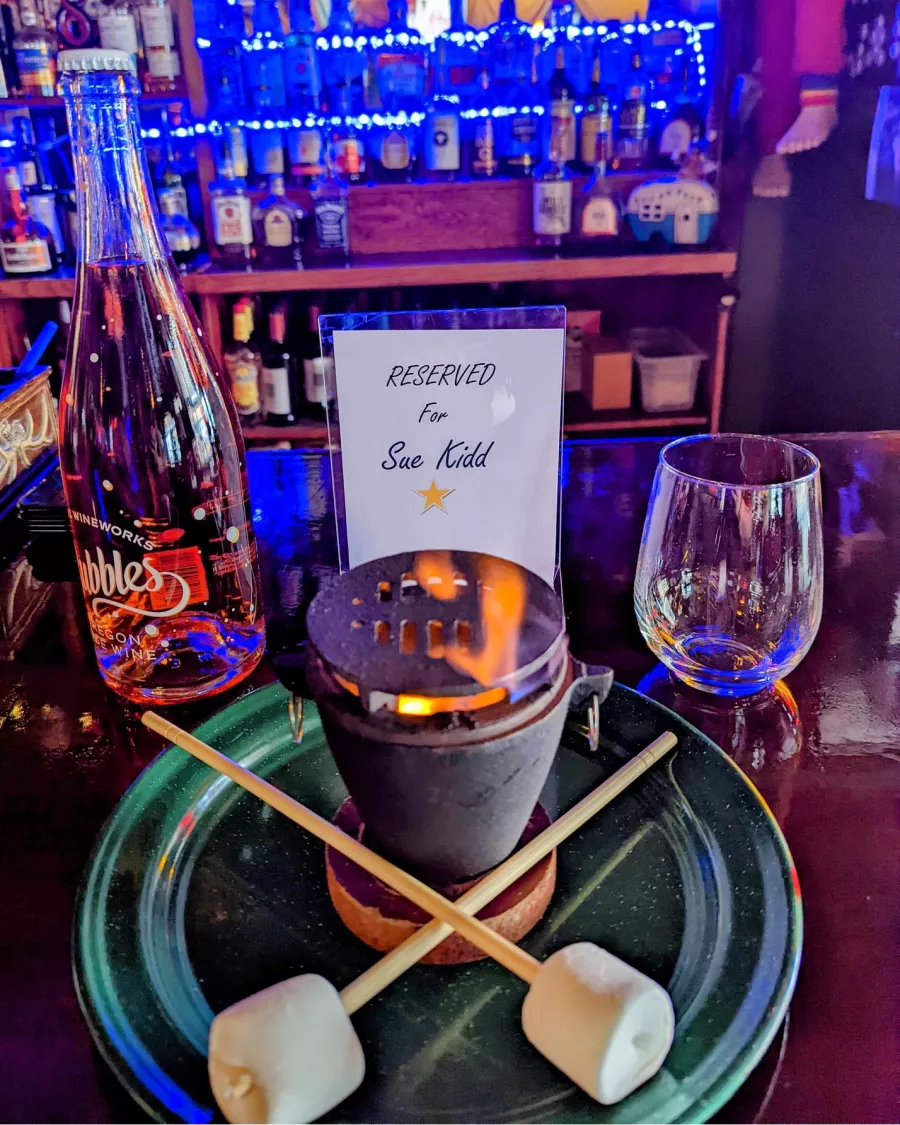
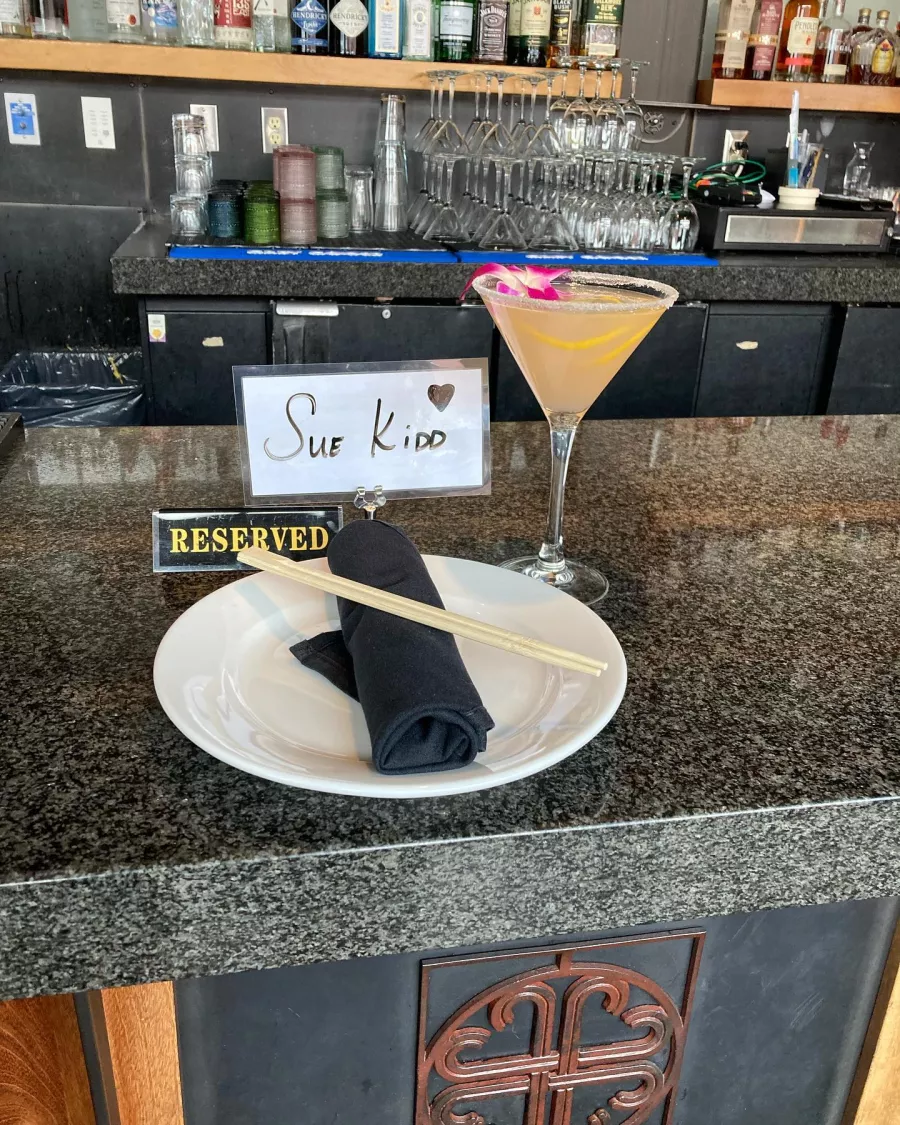
When COVID hit, Kidd carefully explained the dining restrictions and protocols to her readers on her website and made illustrated graphics about COVID rules that restaurants could print and post.
“She learned graphic design programs so she could do those illustrations,” Kremer says. “She championed the county program that used relief money to help pay for restaurant meals to get people going out again. The list goes on and on.”
Kidd also was a community builder inside the newsroom and in her other social circles, creating meal trains for new mothers, sick folks, caretakers; organizing get-togethers; and planning going-away parties for colleagues to make sure they knew they’d be missed. Kidd was a woman who could be counted on to show up for her friends.
“I think her biggest driving force was ethical journalism. She was as strong a believer in ethics in journalism and news as she was in reviewing and supporting local restaurants,” says Kremer.
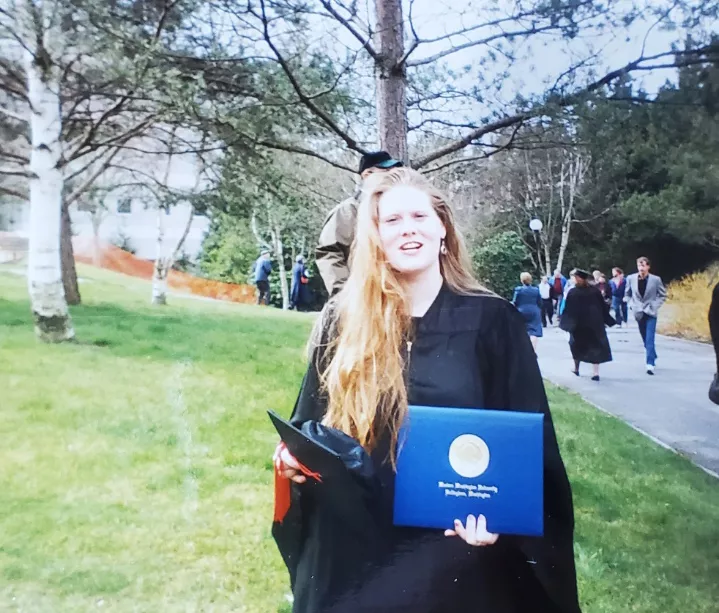
Now, Kidd’s friends and family are honoring her legacy in journalism and community building by pulling together to raise support for the Sue Kidd Memorial Fund.
Contributions to the fund will go toward junior or senior students who are working for a WWU media outlet or pursuing an internship who embody the promise and passion displayed by Kidd.
“Sue was proud of her time at Western and valued the journalism skills she was taught there,” Wishaw says. “We think she’d be pleased to know that she’ll continue the legacy and future of Western journalists.”
